Efficient sales process does not only represent convenience, it has become a necessity in today’s competitive business environment. POS (Point of Sale) software has therefore risen to be at the heart of this sort of methodology, not only being confined to sales but forming part of company strategy. POS no longer merely helps selling; it maintains stock control, makes suggestions, and improves client interaction in ways that hadn’t been possible before.
Especially in the current fast changing business environment where firms have to adapt to customers' needs frequently, a good POS system is not an option but a requirement. Being able to systematically organise single-store operations and giant franchises, the best POS system can alter the frameworks businesses work within, as well as the approaches customers use. The following content will focus on explaining why POS software is so critical, and why it has become the lifeblood of modern retail and service businesses.
What is POS Software?
POS software or Point of Sale software is the one that allows businesses to complete transactions easily either in an online environment or a physical one. The POS system can encompass a lot more than accepting payments; the functions that it can be introduced to include inventory control, customer relations, selling analysis and accountancy.
Conventional settings of POS systems had been hardware-oriented anywhere close to the cash register and various payment devices. Though, what is relatively newer is the cloud-based POS system that brings intrinsically limitless versatility to any business – the ability to track the company’s sales from any device, at any time. These evolutions have removed barriers and provided tremendous values of POS software for diverse industries from retail to hospitality to service businesses.
Why Every New Business Needs POS Software
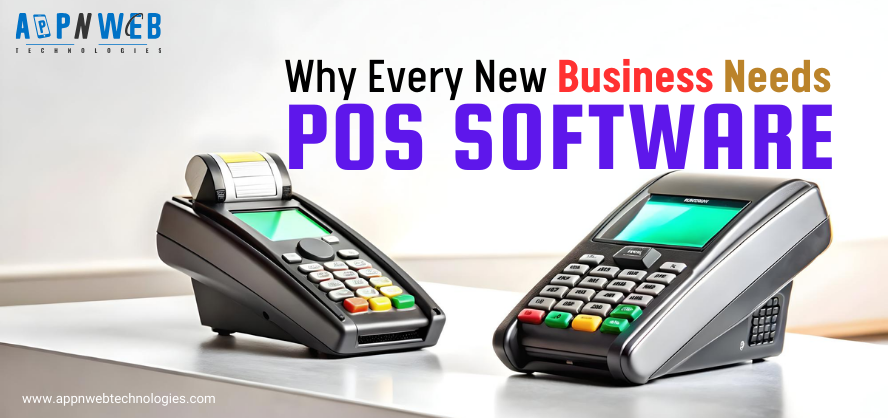
Going for the modern POS not only saves time but more crucially works wonders to the performance of the business. The greatest benefits of POS software include the ability to gather real-time data making it easier for the business owners to make decisions. A POS system gives the periods of busiest sales, the types of products that are hot sellers in the market and other aspects of the customers’ behaviour that go a long way in making the business better in terms of operation and product control.
Aside from maintaining data, POS software also brings benefits of customer satisfaction due to reduction of time spent on checkouts and improved opportunity to serve customers. For instance, some of the highly developed systems are capable of handling customer loyalty programs enabling business organisations to offer the consumers rebates or coupons and other vouchers as well as promotions meant to foster loyalty. Every transaction within the POS software is managed efficiently to reduce errors; the system remains efficient in enhancing customer experience.
Key Features to Look in POS Software
However, not all POS systems are constructed in the same way; some are different from others. Selecting one that meets your specific needs requires a careful evaluation of key features:
Ease of Use: Customizable features allow the application to be adopted by the employees with little or no professional training on working with the system.
Inventory Management: Having information on stock at intervals and being alerted when the stock is low or has reached a certain optimal limit offers a better turnover of the inventories.
Customer Relationship Management (CRM): A good POS system will have CRM aspects for storing client information, their buying history and preferences in order for marketing strategies and customer incentive mechanisms to be effective.
Analytics and Reporting: Getting detailed special reports on sales, inventories, and customers’ activity means that business owners will be able to make their decisions based on specific information matched with their aims and objectives.
Payment Flexibility: As more and more consumers rely on cashless payments Point of Sale systems must integrate credit, debit and contactless payments.
Security: Security is a crucial thing that should be met by a POS system consistently to avoid exposing customer data over the internet; it should include SSL encryption, must be PCI-approved and needs to be updated frequently.
Types of POS Systems
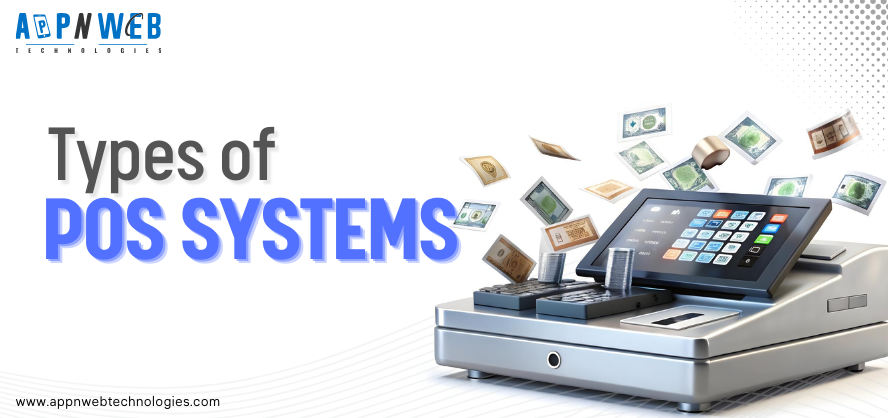
POS systems come in various formats, each tailored to different business needs:
Traditional POS: Hardware based systems which are mainly installed at a certain place to be used and preferred by retail stores with counters to scan the items.
Cloud-based POS: Firm or modular software solutions that are installed on the Internet, available for regular monthly payments, and equally usable on PCs, tablets, and smartphones.
Mobile POS: These systems can be employed with tablets or with smartphones; they are very suitable for small business or for mobile vendors which require a definite transaction solution.
Self-service POS: Self-checkout kiosks have become trendy in QSR and retail industries that allow customers to check out while spending less time and little labour.
Omnichannel POS: POS Software which is a necessity for today’s business online as well as offline that targets to have a single platform where the customer of the retail chain could get; do business with the chain via internet sales and also physical sales.
Conclusion
POS software is no longer an enabler of end-of-sale transactions; it is now a business strategy. Point of sale systems help to meet and exceed the expectations of the customers while helping organisations to optimise their operations, manage inventories and provide them with crucial business intelligence. Besides the point that the right POS software should meet everyday needs, it also needs to evolve with the growing business and identify new trends.
POS software is not a one time solution; it’s an investment in the future which empowers organisations to cut costs, make wiser decisions, retain their customers and be relevant within a continually evolving market. Depending on the type of your venture, new or growing, the decision on the best POS arrangement will form the basis for efficiency and satisfaction of your clientele.
Thanks for reading!
Have a project in mind? Schedule a free consultation today.
Get StartedNeed Expert Development Services?
You have spent quite some time on this page while seeking a suitable technology partner.


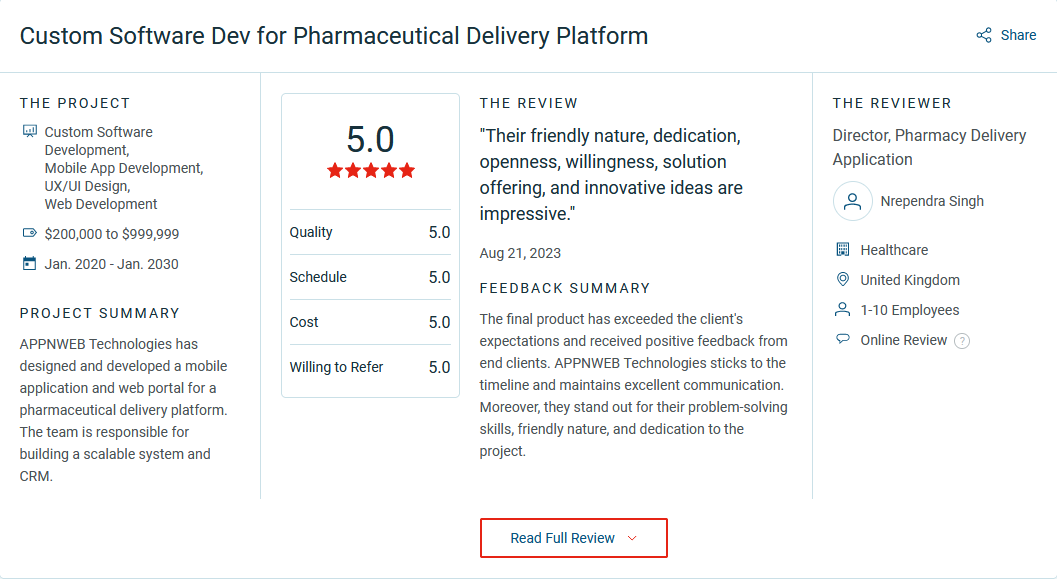
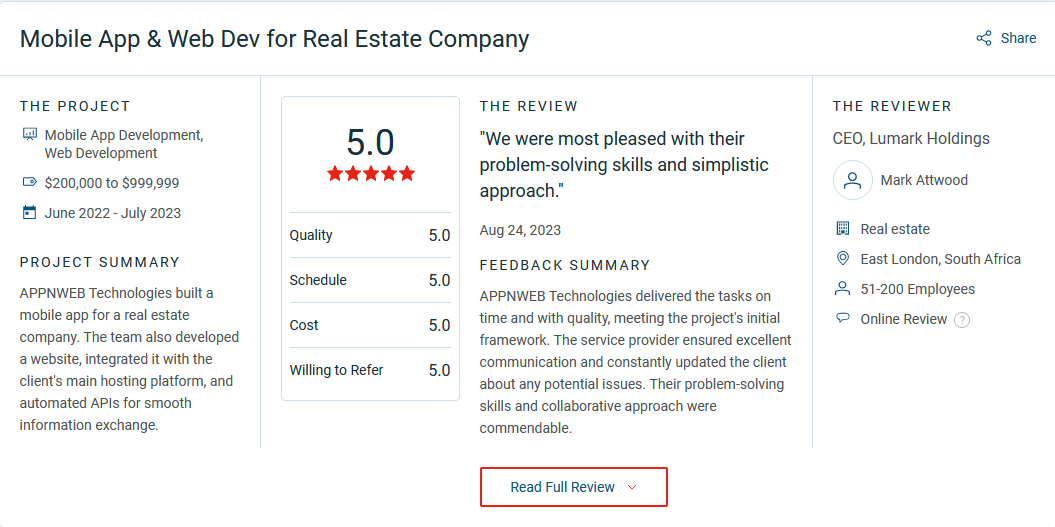
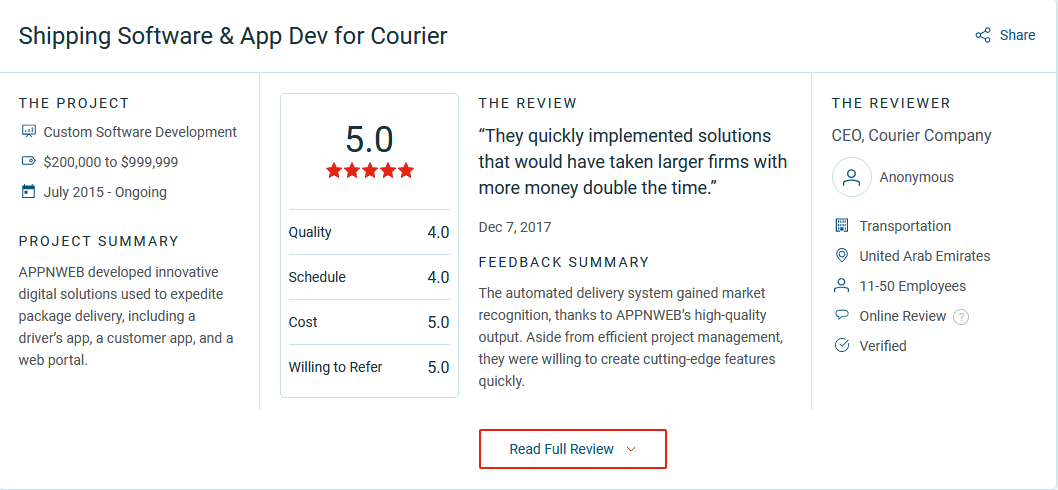
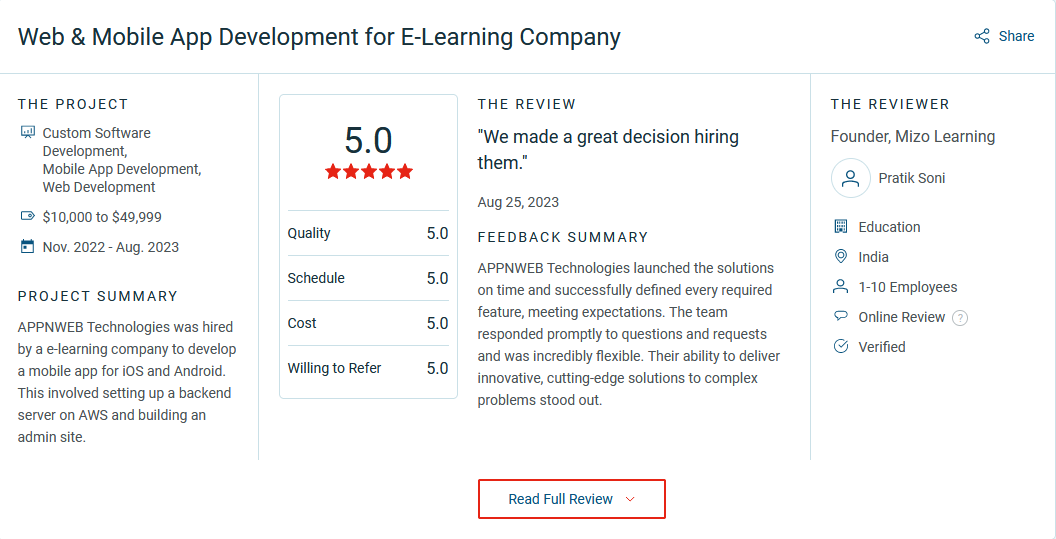
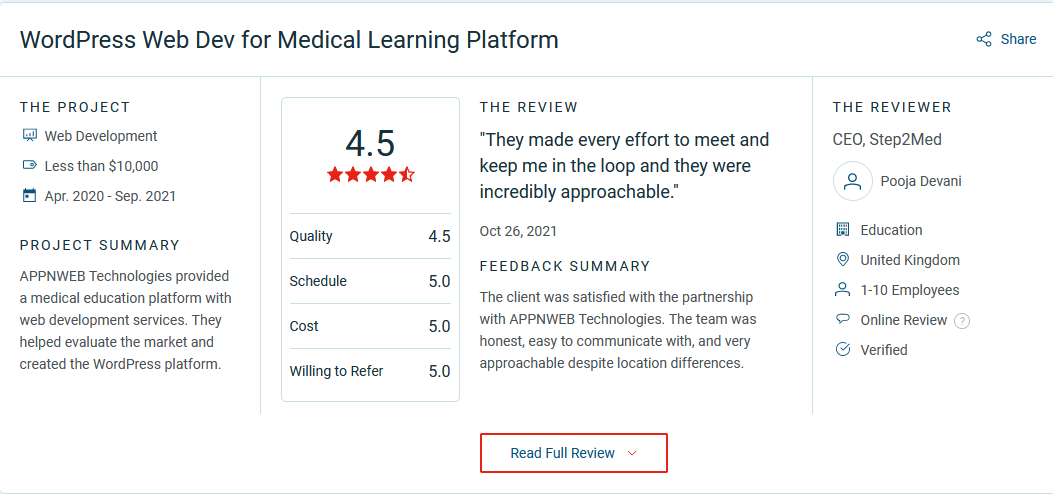












 Hire Craft CMS Developers
Hire Craft CMS Developers
 Hire Flutter Developers
Hire Flutter Developers
 Hire Blockchain Developer
Hire Blockchain Developer
 Hire WordPress Developer
Hire WordPress Developer
 Hire Magento Developer
Hire Magento Developer
 Hire Laravel Developers
Hire Laravel Developers
 Hire SaaS Developers
Hire SaaS Developers
 Hire Shopify Developer
Hire Shopify Developer
 Hire the Best Android Developer
Hire the Best Android Developer
 Hire PHP Developer
Hire PHP Developer
 Hire the Top 3% of Java Developers
Hire the Top 3% of Java Developers
 Hire Fully Vetted Angular Developers
Hire Fully Vetted Angular Developers
 Hire ReactJS Developers in India
Hire ReactJS Developers in India
 Hire iOS Developers in India
Hire iOS Developers in India
 Hire React Native Developers
Hire React Native Developers
 Hire Python Developers
Hire Python Developers









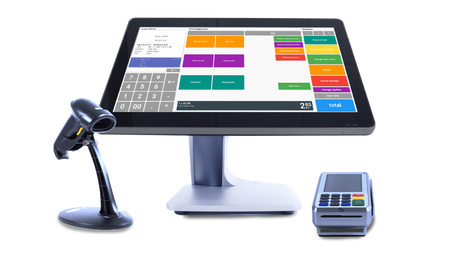






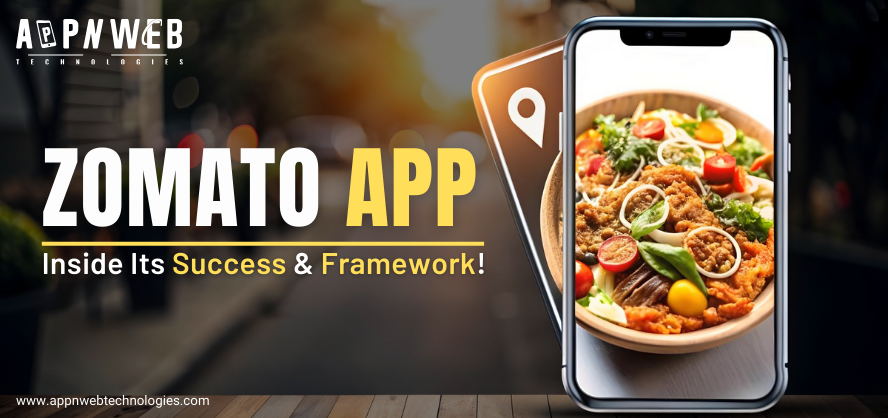
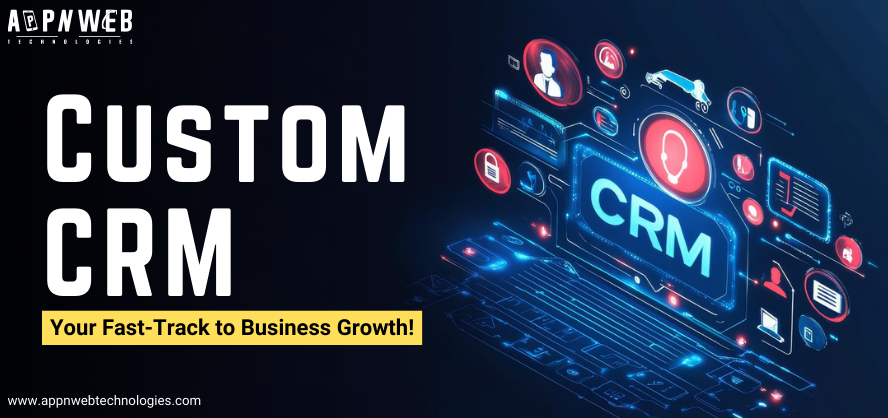
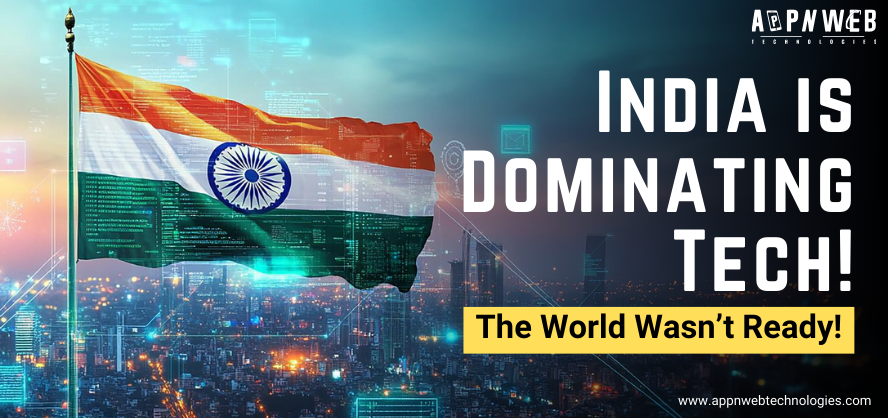
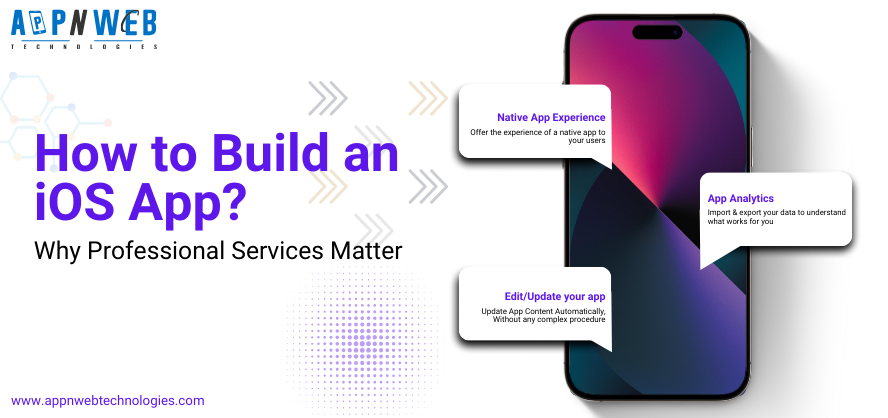

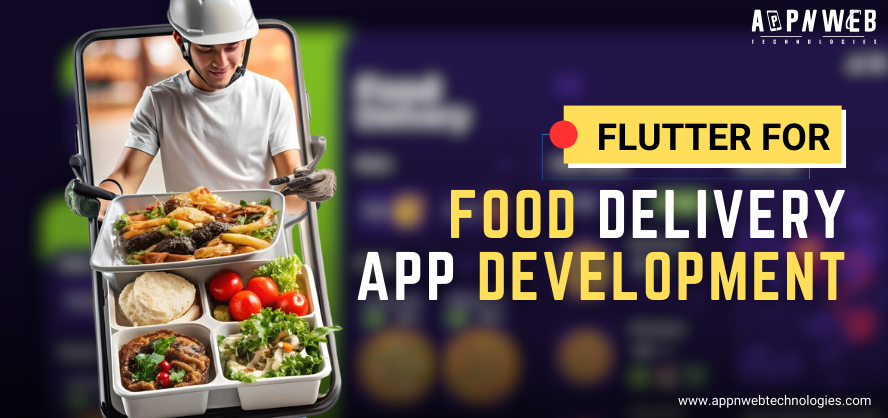
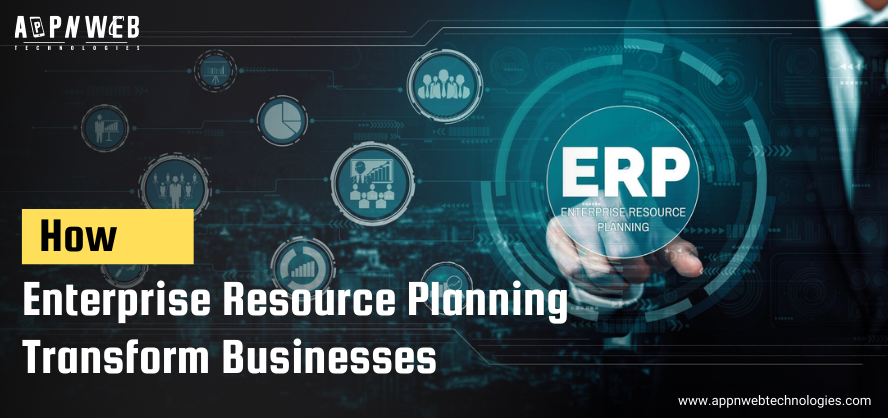

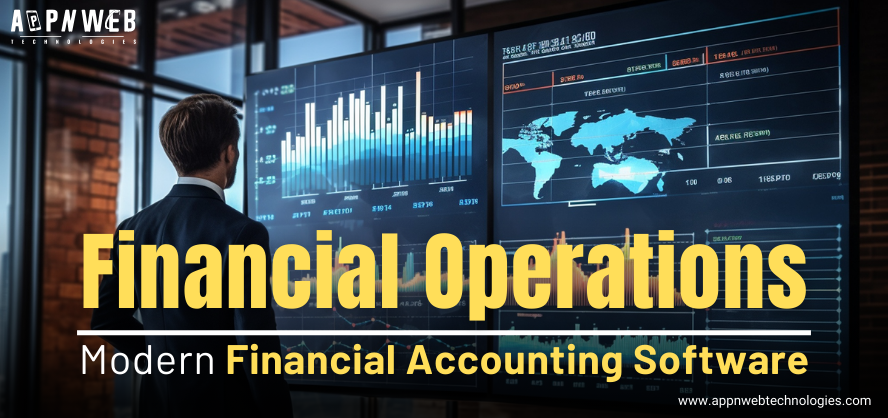
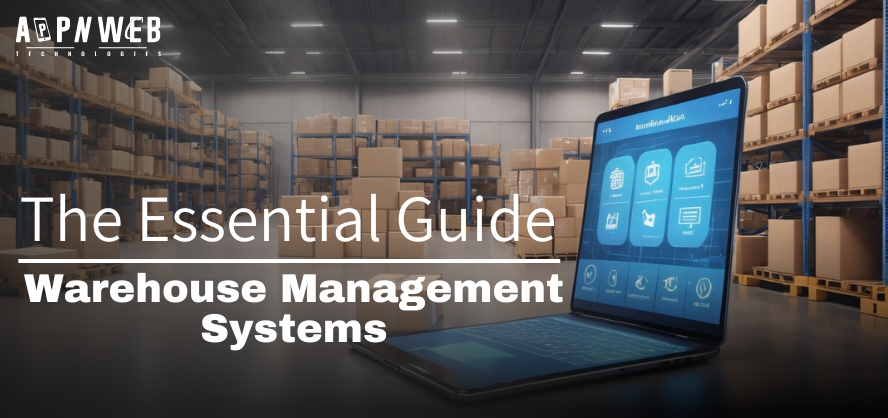

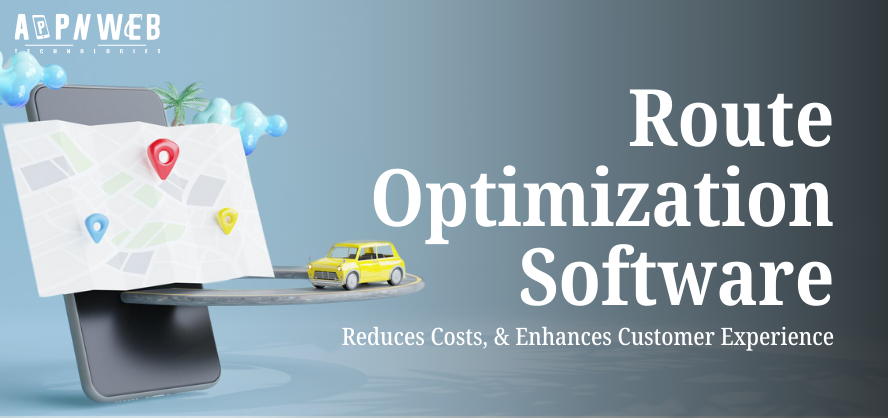
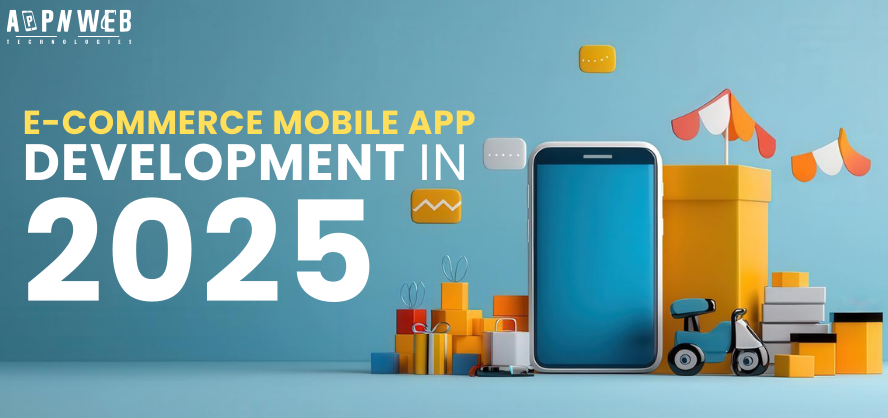


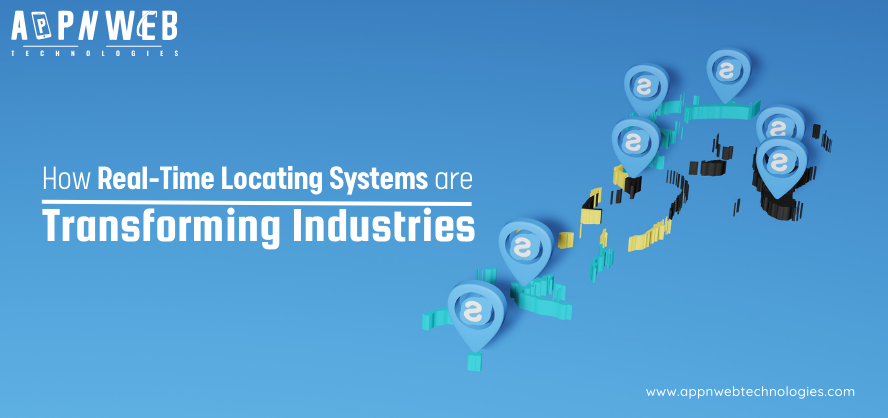
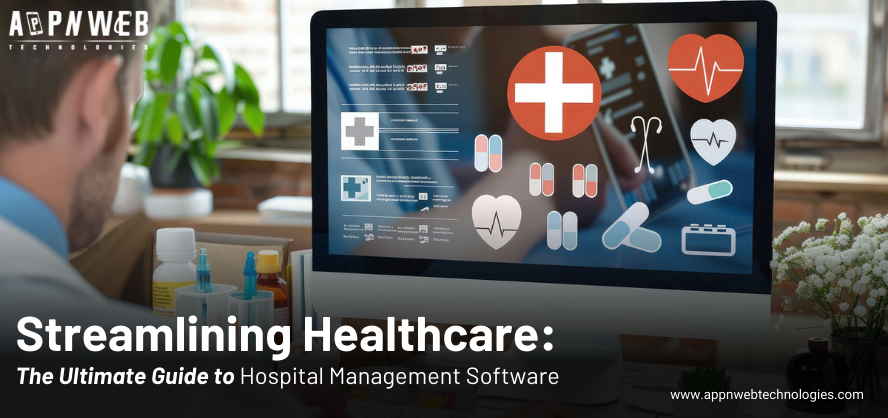
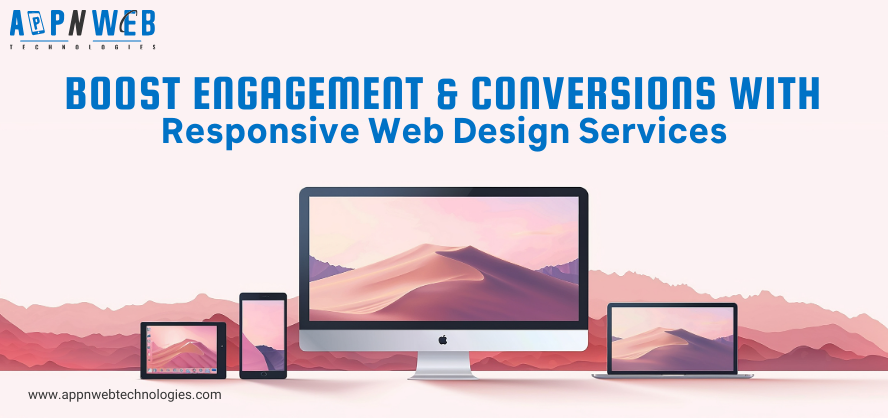


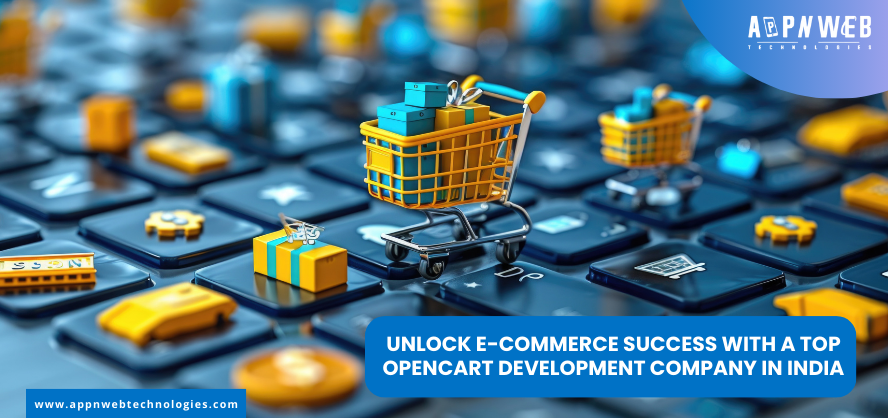
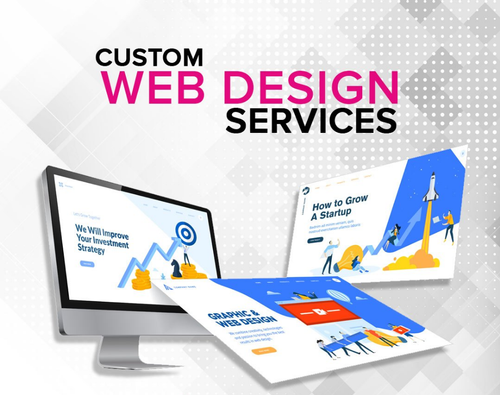
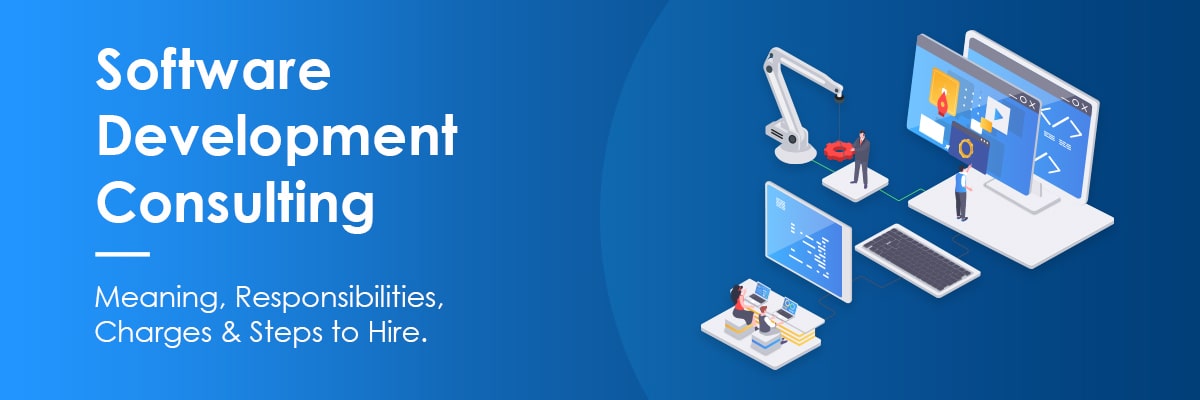
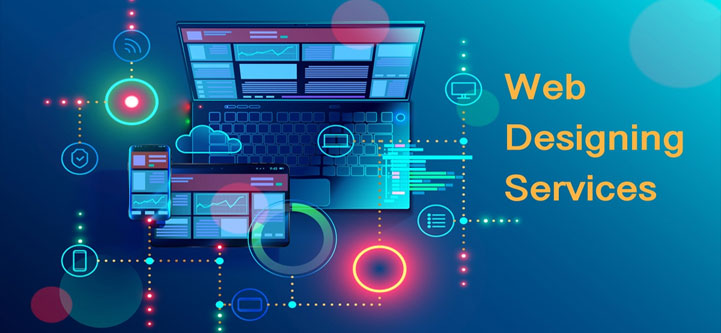
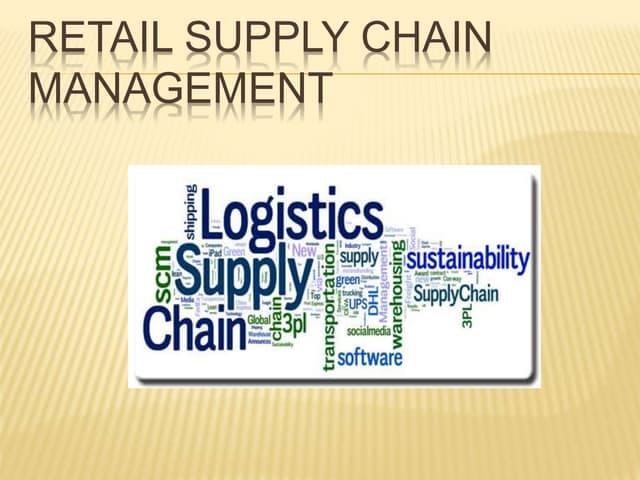




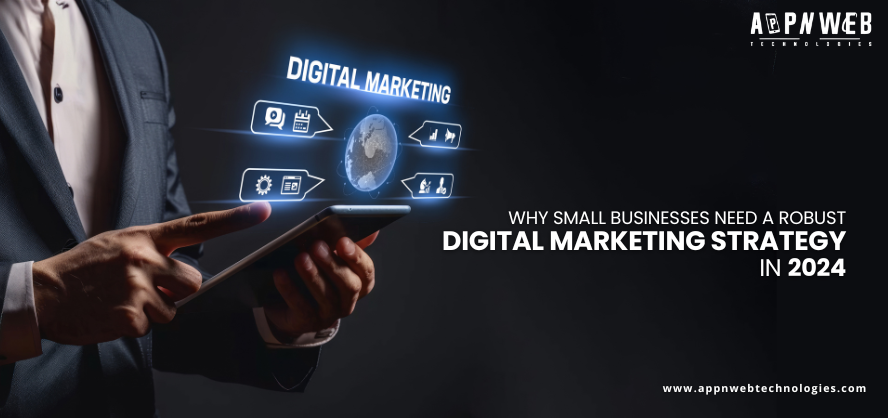







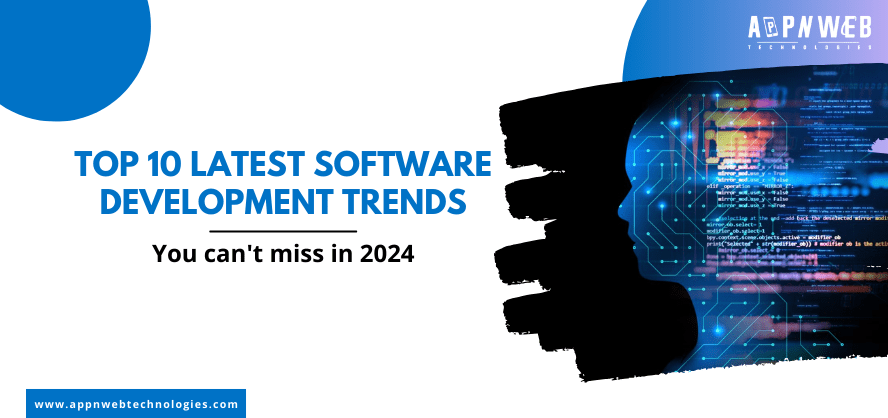




.svg)






